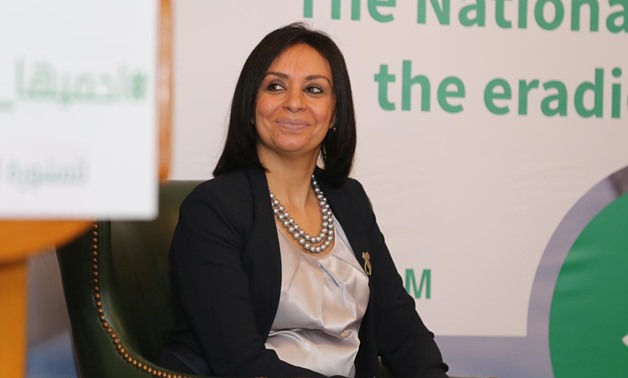
Maya Morsy, head of the National Council for Women, during an event to combat female circumcision, on the occasion of the National Anti-FGM Day which falls on June 14 - Press photo
CAIRO – 13 June 2019: On the National Anti-FGM Day, we recall the images of our girls: Bodour, Iman, Soheir, and Mayar, who lost their lives because of the circumcision, along with other girls who we do not known their names, but indeed know their pain and suffering, Maya Morsy, head of the National Council for Women said.
This comes as the National Committee of the Eradication of FGM has launched an awareness campaign against female circumcision, on the occasion of the National Anti-FGM Day which falls on June 14.
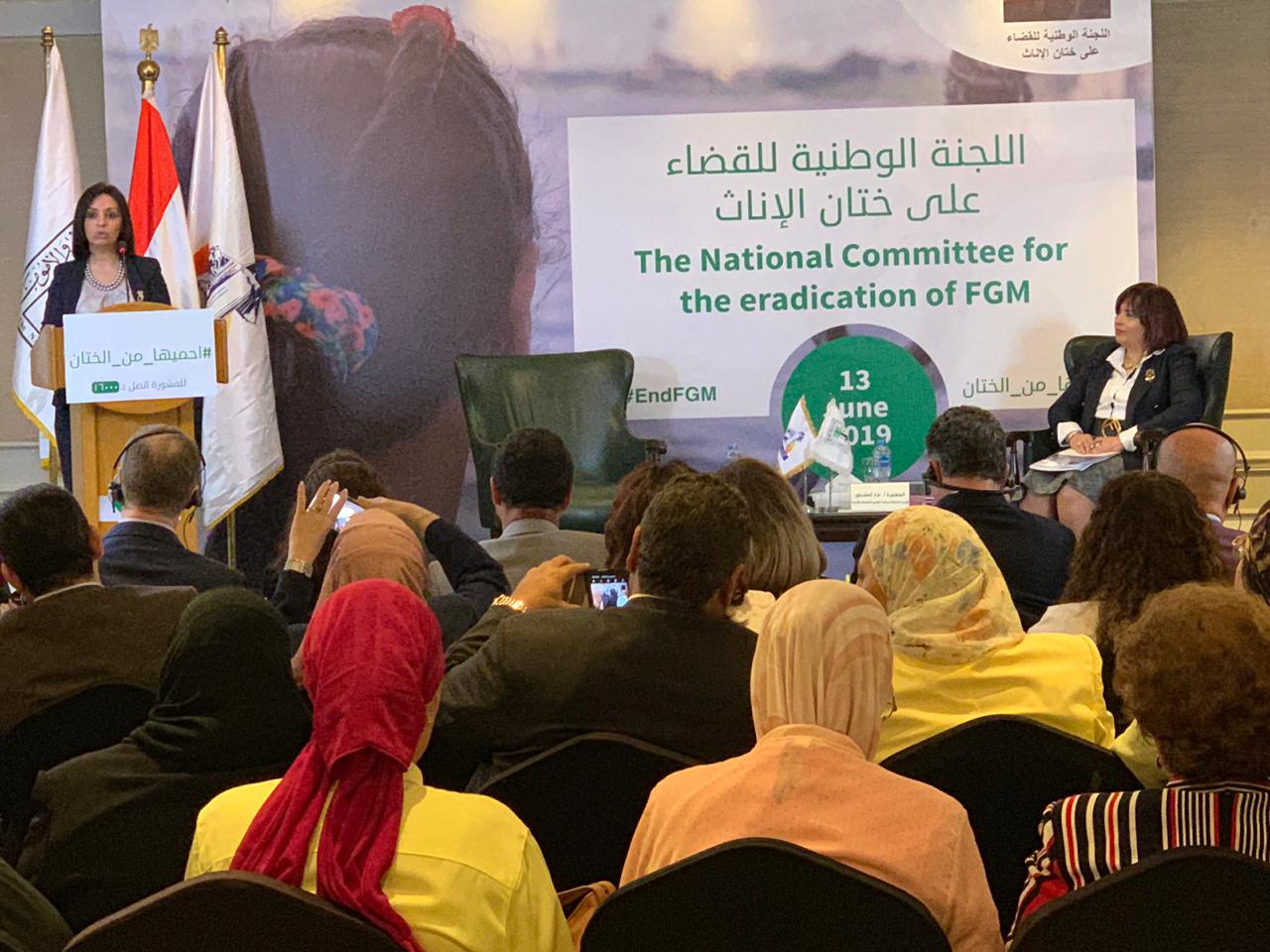
The National Committee is committed to working as a team that complements each other, focuses on the goal of protecting our girls, and mobilizes all efforts and experiences to achieve the interest of our daughters, Morsy said.
"We consider ourselves today more fortunate in facing all forms of violence and discrimination against the female child and the woman, thanks to the continuous support of the political leadership and President Abdel Fatah al-Sisi to the protection and empowerment of the Egyptian female child and woman women, and the government's commitment to enforce national legislations and international commitments, in accordance with Egypt's strategic vision," she said.
Morsy said that although the committee is already working within the framework of adequate legislation and a system of existing and effective protection mechanisms. However, "we feel that we are in need to heavy and influential awareness at all levels for every father and mother, for young men and women, and for children themselves to get freed from the captivity of female genital mutilation, which is not [endorsed by] any religious, or medical or legal document.
Ambassador Moushira Khattab, former chair of the UN Committee on the Rights of the Child, and former candidate for the post of UNESCO director-general attended the event.
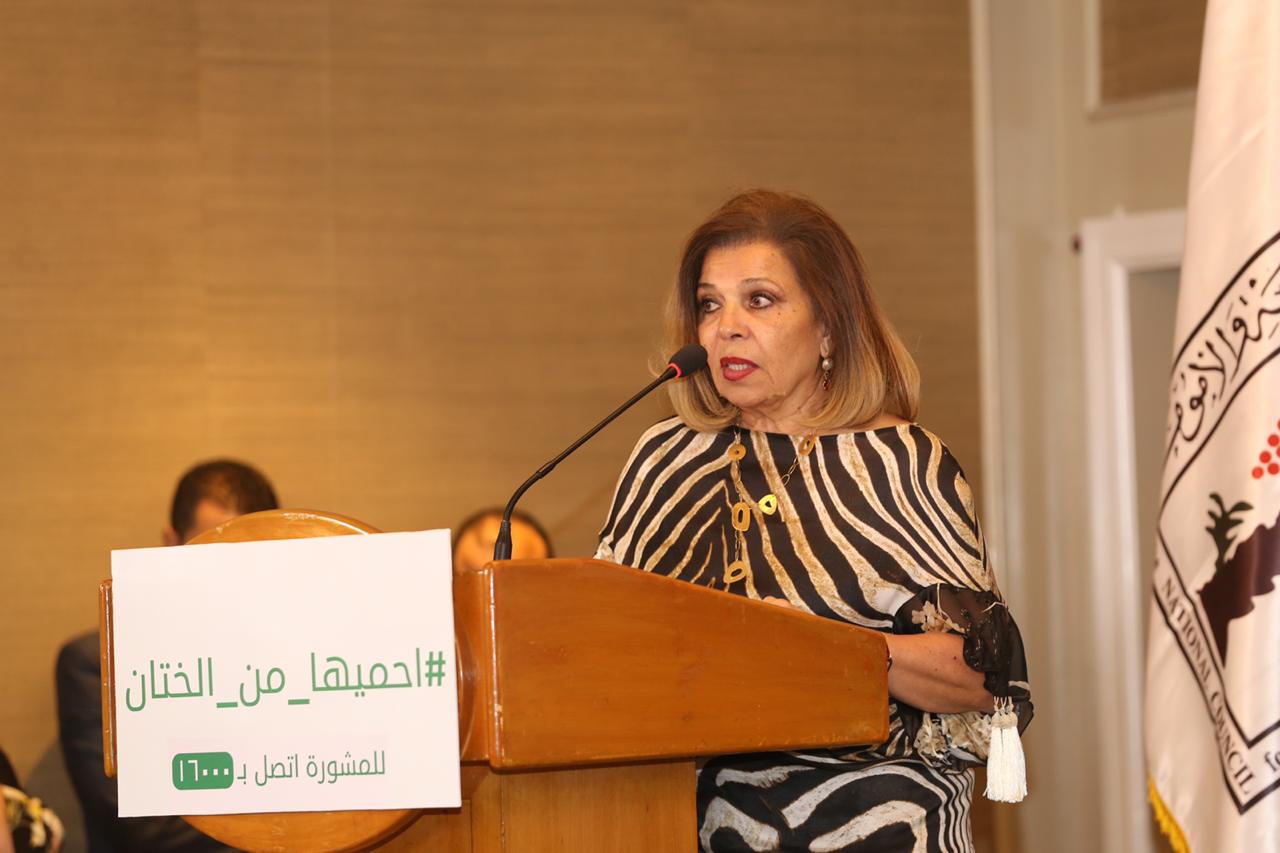
Khattab referred to Egypt's efforts to help other countries including France and Italy against such act that is carried out by some of the refugees in these countries, adding that Egypt helped some African countries to enact legislations against FGM.
Today, we have a historic opportunity to finally eliminate this crime, which is not appropriate for the status of Egypt, where women have assumed the presidency of the state and the leadership of armies since thousands of years ago, Khattab said.
Azza Ashmawy, secretary general of the National Council for Childhood and Motherhood (NCCM), said "it is no longer acceptable to waste the humanity of a girl … by forcing her to be subjected to this harsh experience."
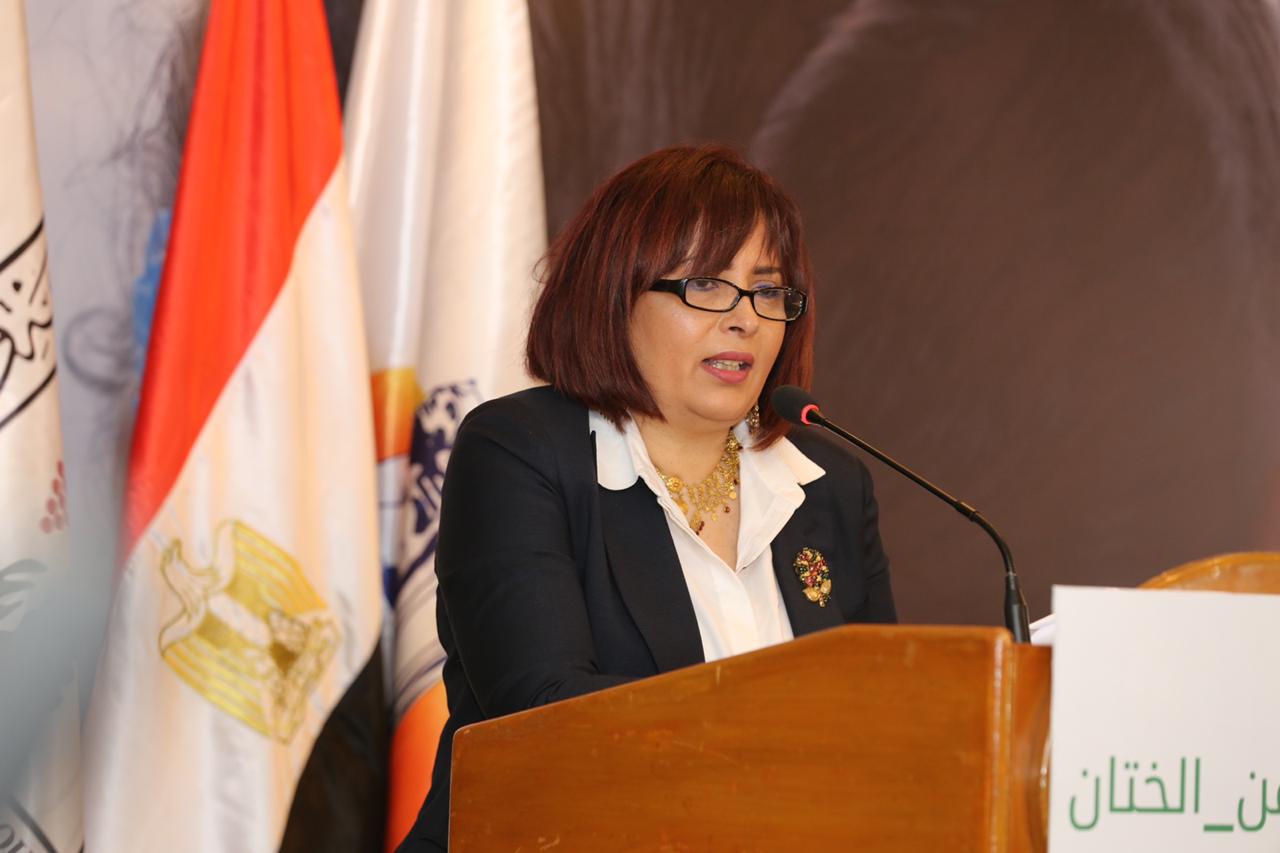
"It is painful that this is done under inherited social customs that are not based on religion and have no true health or social justification," Ashmawy said. "Despite the achievements that have been made, this crime is still very widespread," she added.
"We call upon all partners to further intensify prevention, protection and care mechanisms for the eradication of female genital mutilation," she said.
Anti-FGM efforts
FGM is carried out by some people especially in some countries in Africa, Asia and the Middle East, through cutting or removing some or all of the external female genitalia.
In statements on Wednesday, Ashmawi said the campaign is entitled "Budour Month" after the name of a 11-year-old girl who died of complications of a circumcision surgery in a private clinic in the Egyptian village of Mughagha, Minya governorate, in 2007.
She asserted that NCCM has been working over the past few years on several programs to counter such practices through the various mass media means.
Ashmawi also said that in 2016, the government toughened the punishment against those involved in such practice and established the anti-FGM national committee under the chairmanship of the NCCM.
Egypt imposed a complete ban on female genital cutting — also known as female genital mutilation or circumcision — in June 2007 after Budour Shaker died of an excessive dose of anesthesia while being cut at the private clinic in Upper Egypt.
Egypt’s Grand Mufti, the government’s official arbiter of Islamic law, decreed during the same year that female genital cutting was forbidden by Islam, in his strongest statement yet against the practice.
FGM was criminalized by Egyptian parliament in June 2008, thus creating a paradigm shift by moving the practice from social norm to crime.
Additional reporting by MENA
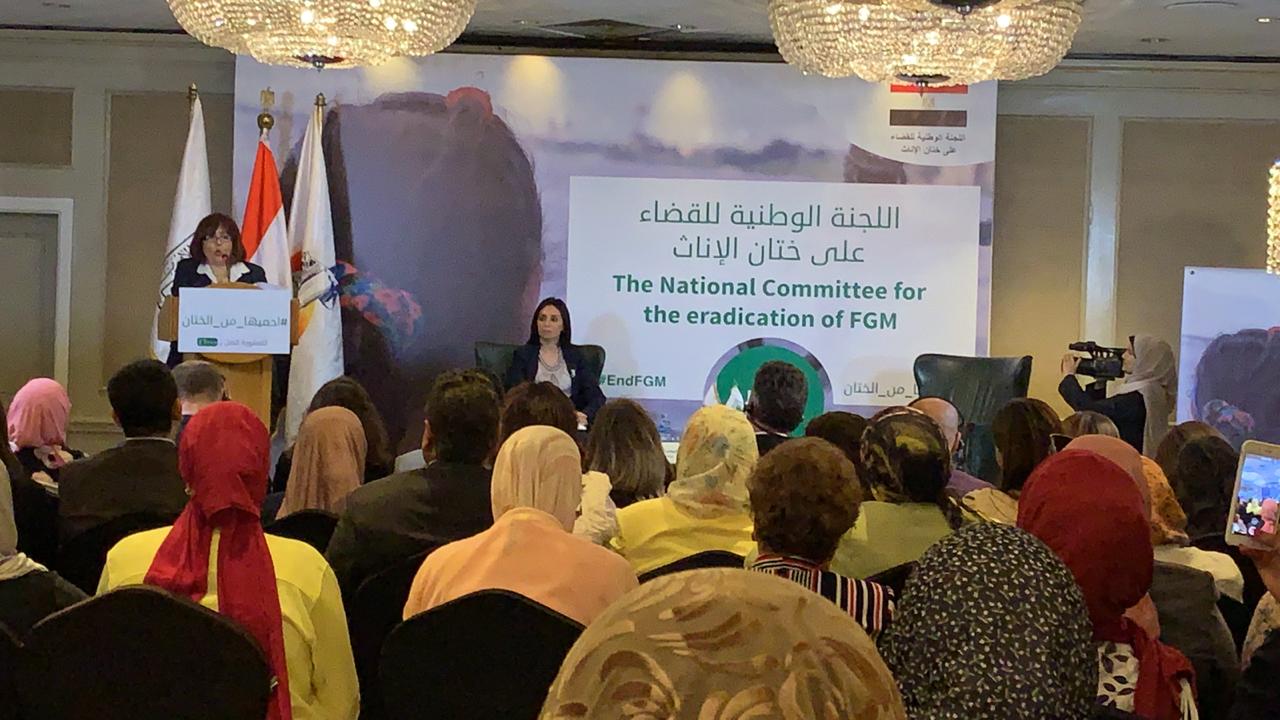
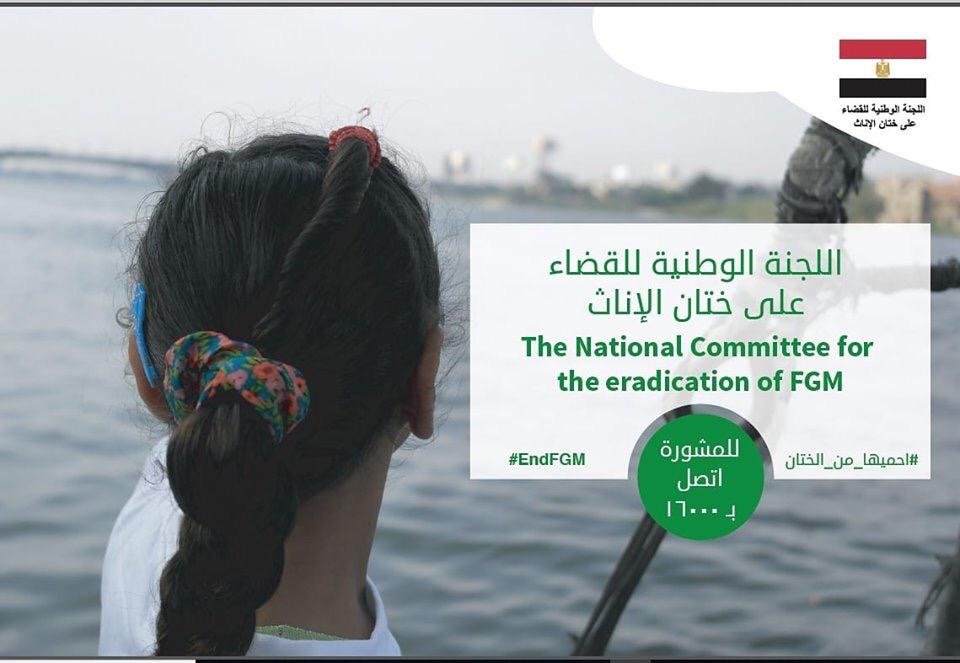
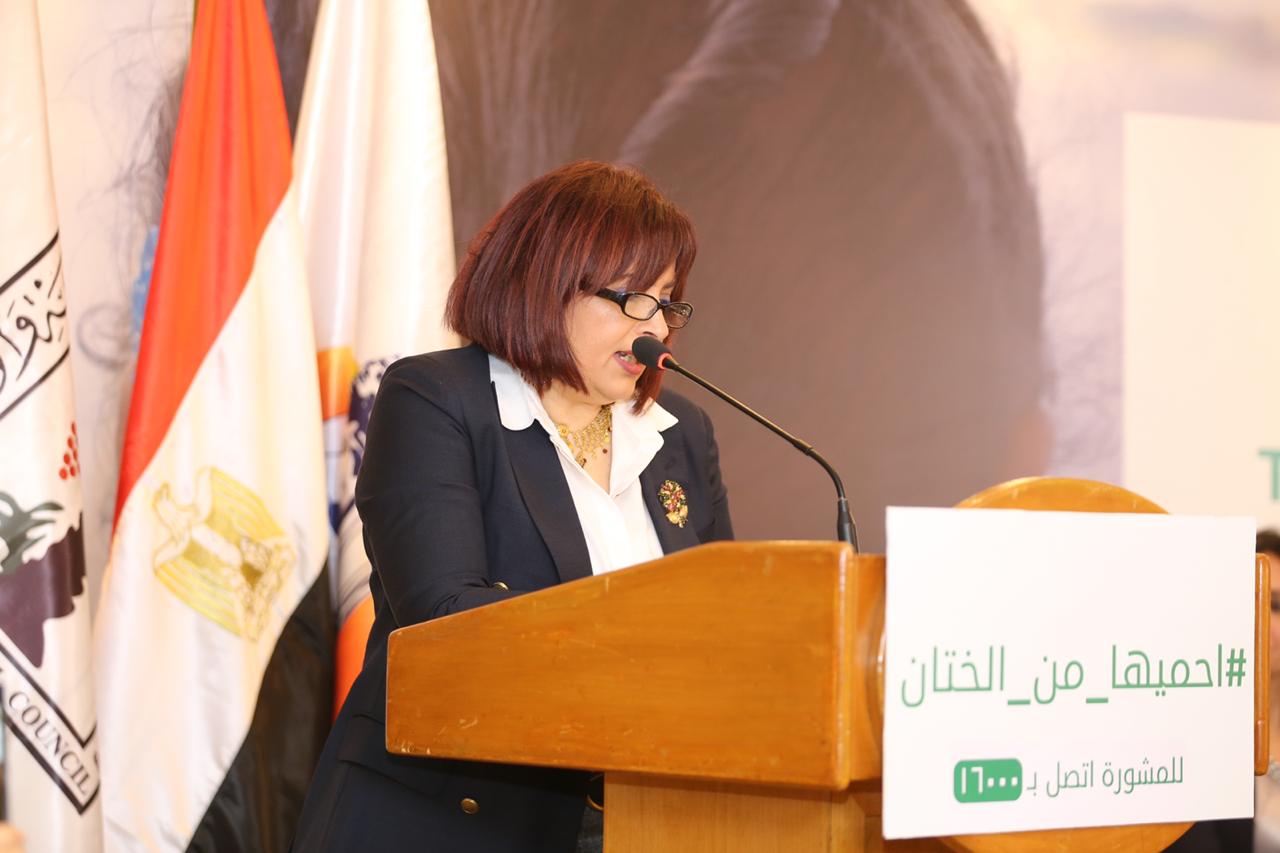
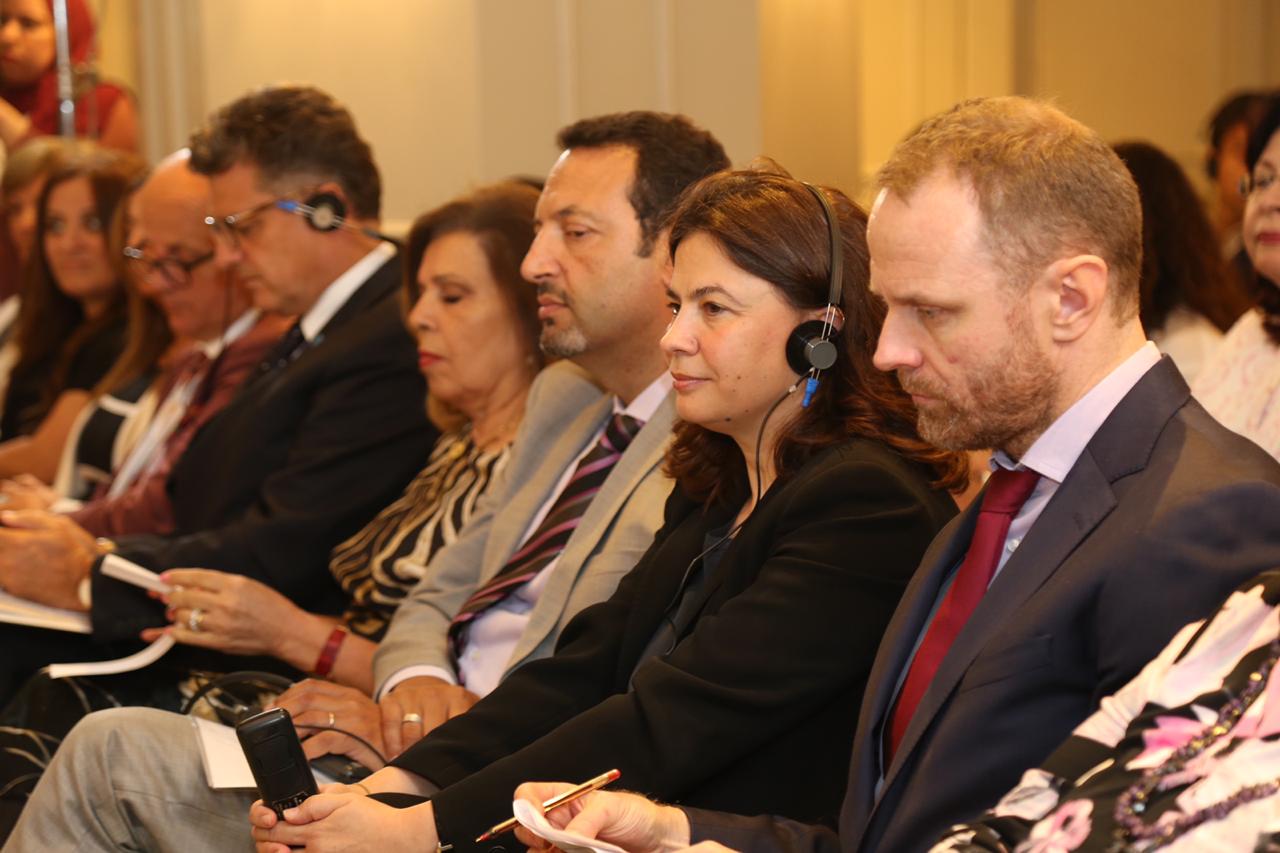
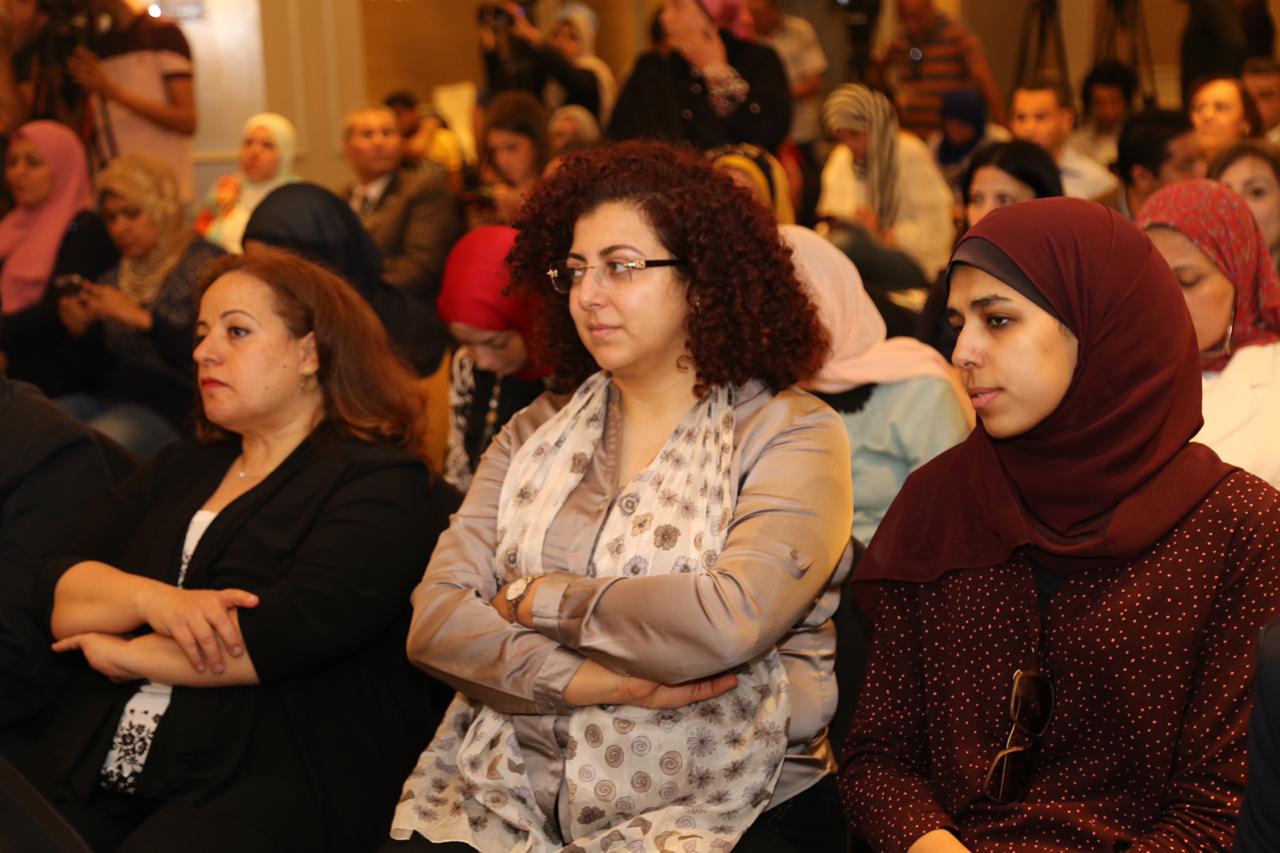
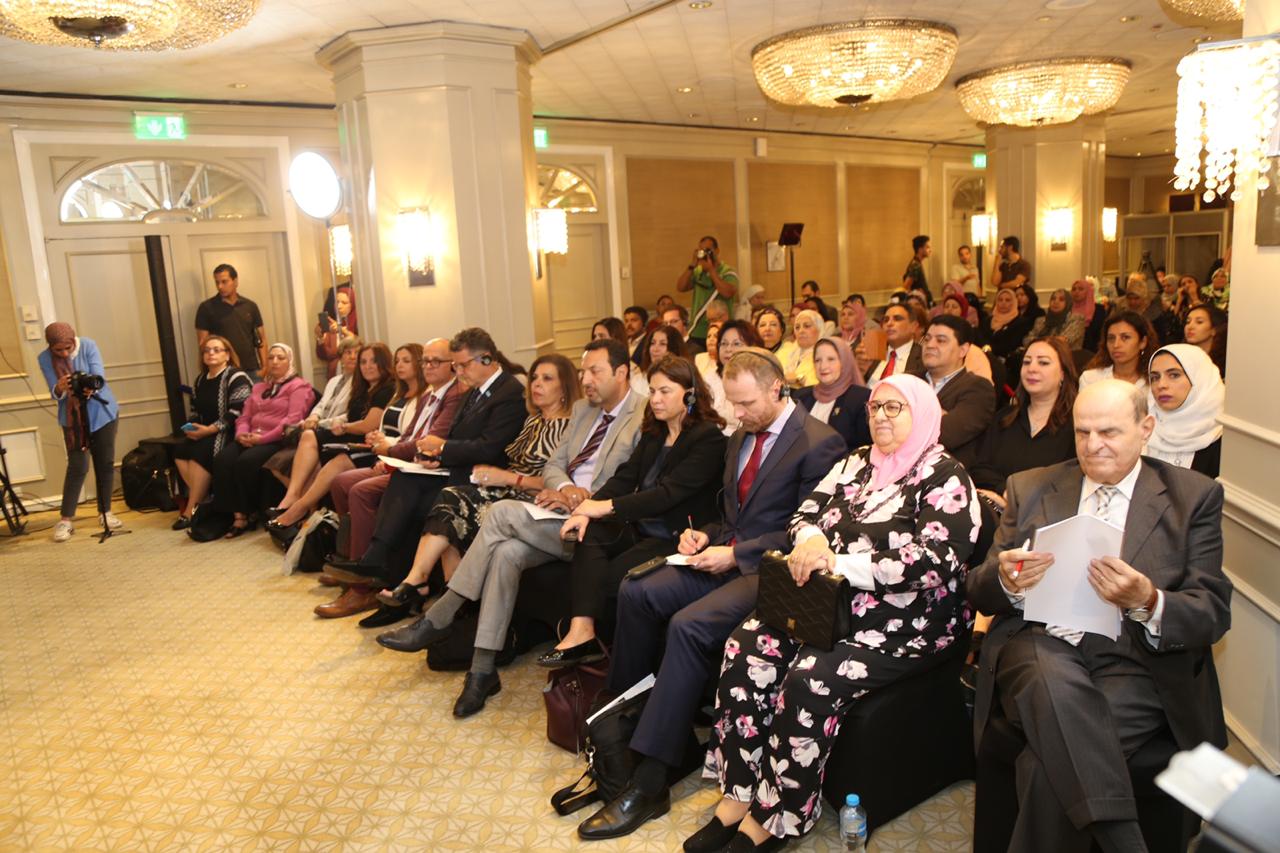
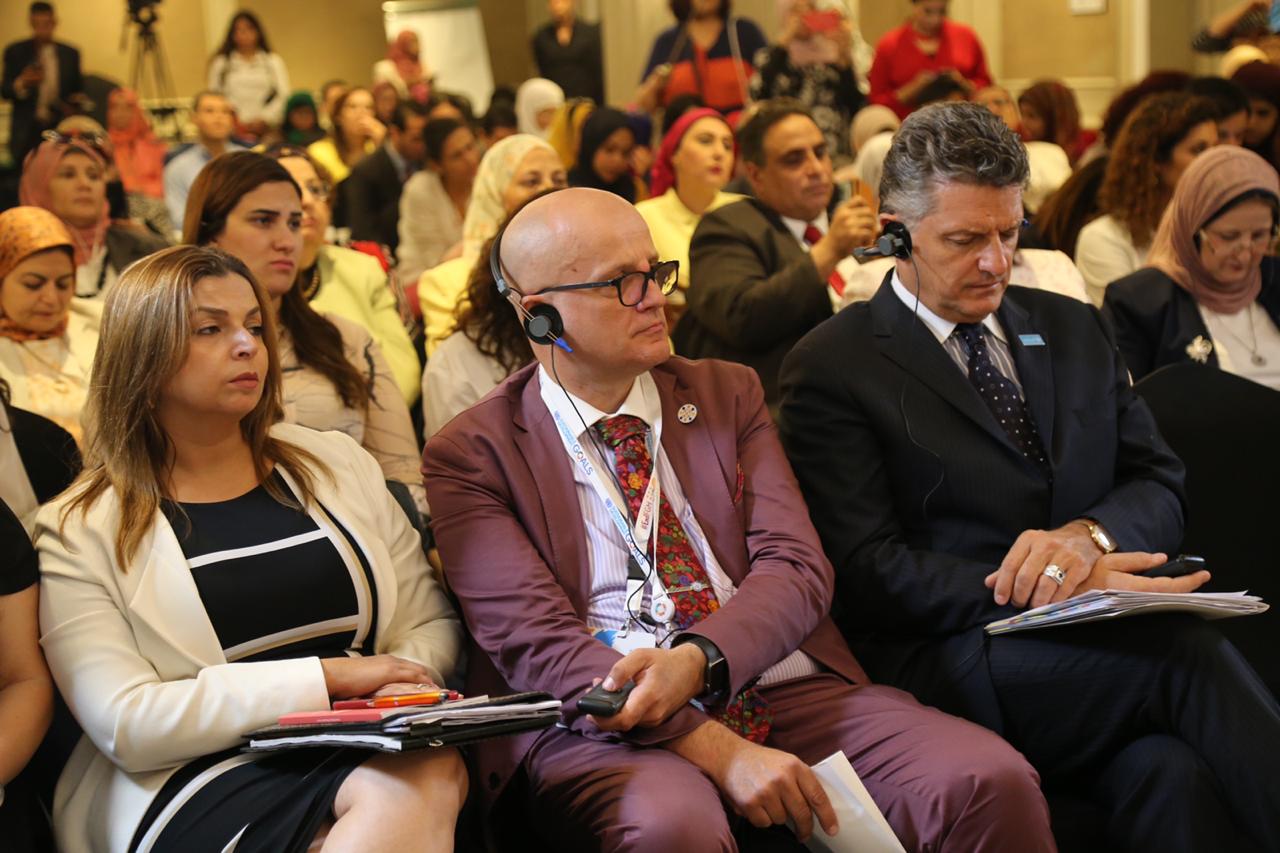
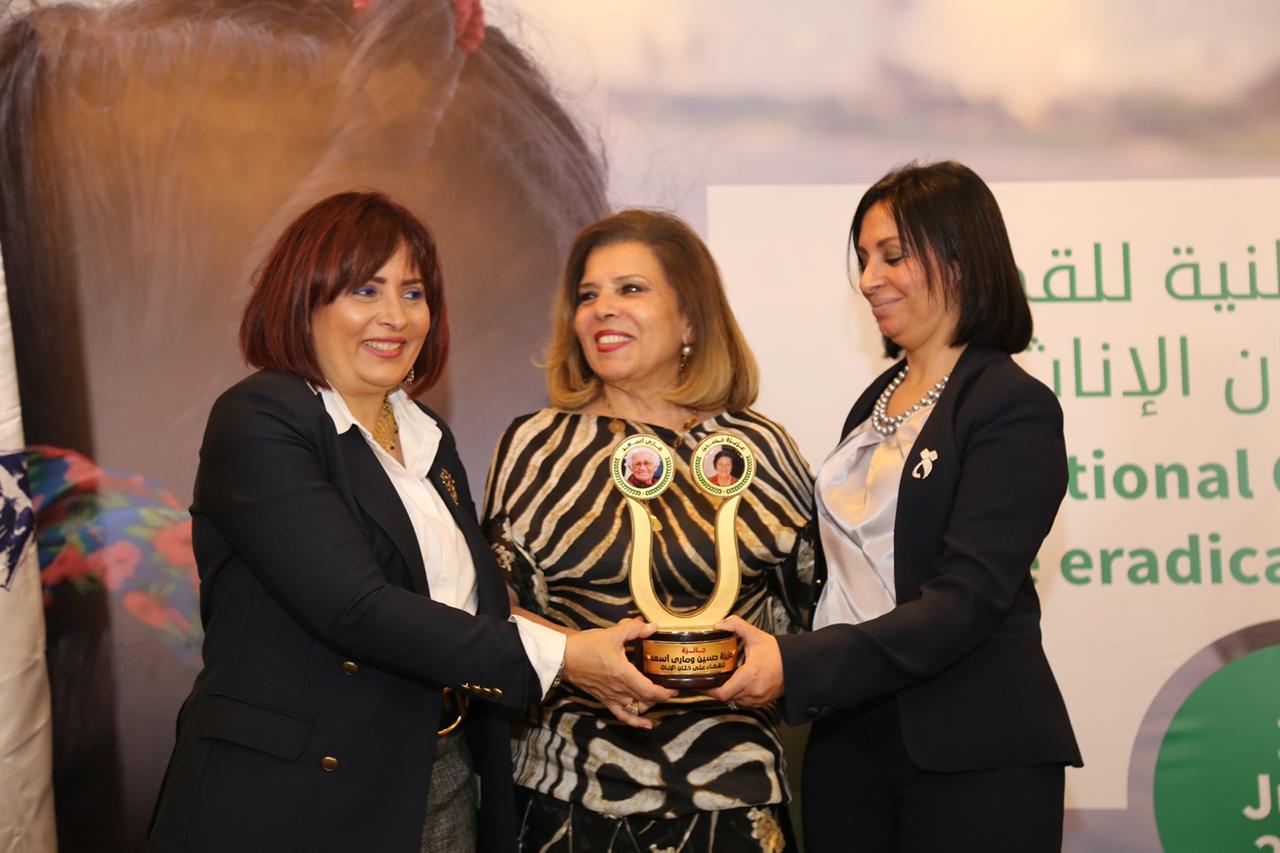
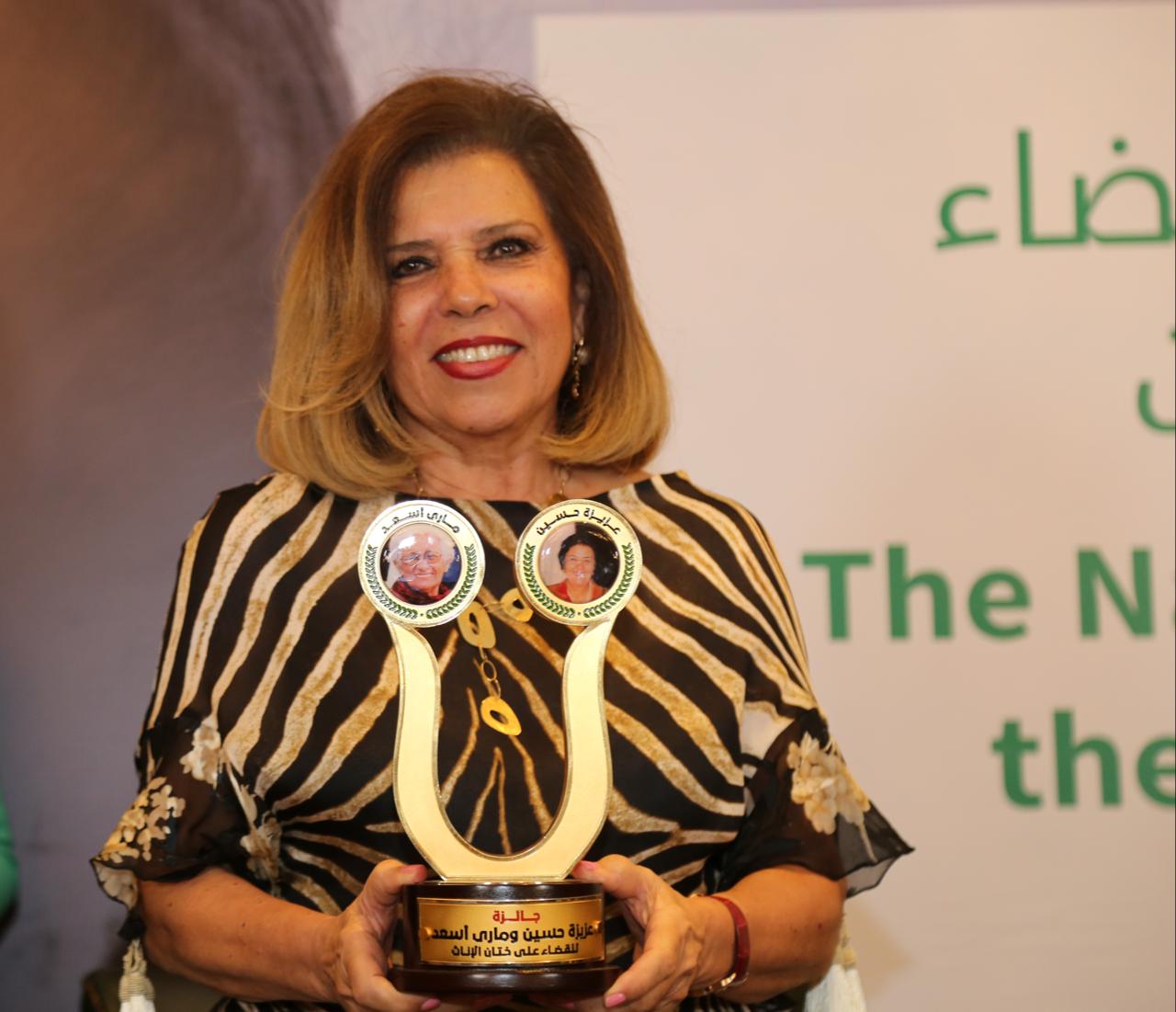













Comments
Leave a Comment